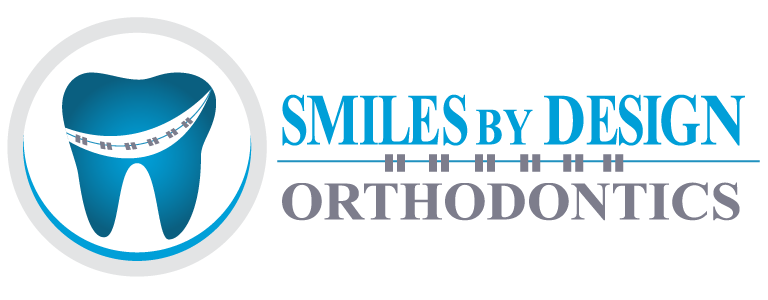ORTHODONTICS IS A SPECIALTY OF DENTISTRY THAT DEALS WITH THE DIAGNOSIS, PREVENTION AND CORRECTION OF MAL-POSITIONED TEETH AND JAWS.
PHASE ONE TREATMENT
Phase 1 treatment may begin while a child has most of their baby teeth and only a few of their permanent teeth. Children should be assessed after age 7 and they may or may not need early treatment. The goal of early treatment is to intercept moderate or severe orthodontic problems early, in an effort to reduce or eliminate them. These problems may include:
• Crossbites
• Crowding
• Thumb and finger habits
• Congenitally missing teeth
Early treatment takes advantage of early growth and turns a difficult orthodontic problem into a more manageable one. Early treatment is done to aid in normal growth and development, eliminate habits and prevent impactions.
TEENAGE TREATMENT
The most common time for orthodontic treatment to begin is between the ages of 11 and 15. By age 12, most of the permanent teeth have erupted, exposing gaps and poor bites, among other issues. Problems uncovered during adolescence hardly ever correct themselves and this is when most parents are encouraged to seek out orthodontic advice. Pursuing orthodontic treatment at this time is suggested for two main reasons:
Teens and pre-teens still experience growth spurts; orthodontists can take advantage of these growth spurts to achieve results that may not be possible when face and jaw bones have fully developed.
Often the negative associations with braces are not present in this age bracket. Many of their peers will also have braces and they are socially acceptable.
ADULT TREATMENT
When people think of braces, they tend to think of children or teenagers. But this is frequently untrue. One in four orthodontic patients are over the age of twenty-one, and the biology involved in moving teeth is similar in adults, as it is children. Adults have esthetic options like ceramic braces or Invisalign, so they can continue their lives and jobs as usual.
The health of the teeth, gums, supporting bones and existing restorations are an important consideration when contemplating adult orthodontic work. Dr. Sawhney will work with you, and your dentist, to help determine if orthodontics is right for you! No referral necessary, please contact us at the office. Adults benefit from better bites and straighter teeth. Being able to keep their teeth clean helps reduce gum disease. We even help close spaces for missing teeth in certain cases, reducing the need for implants.
